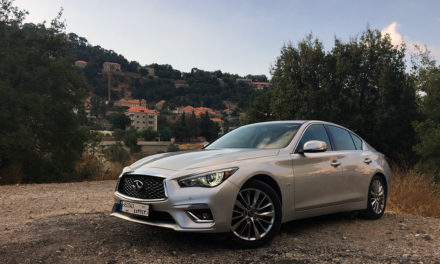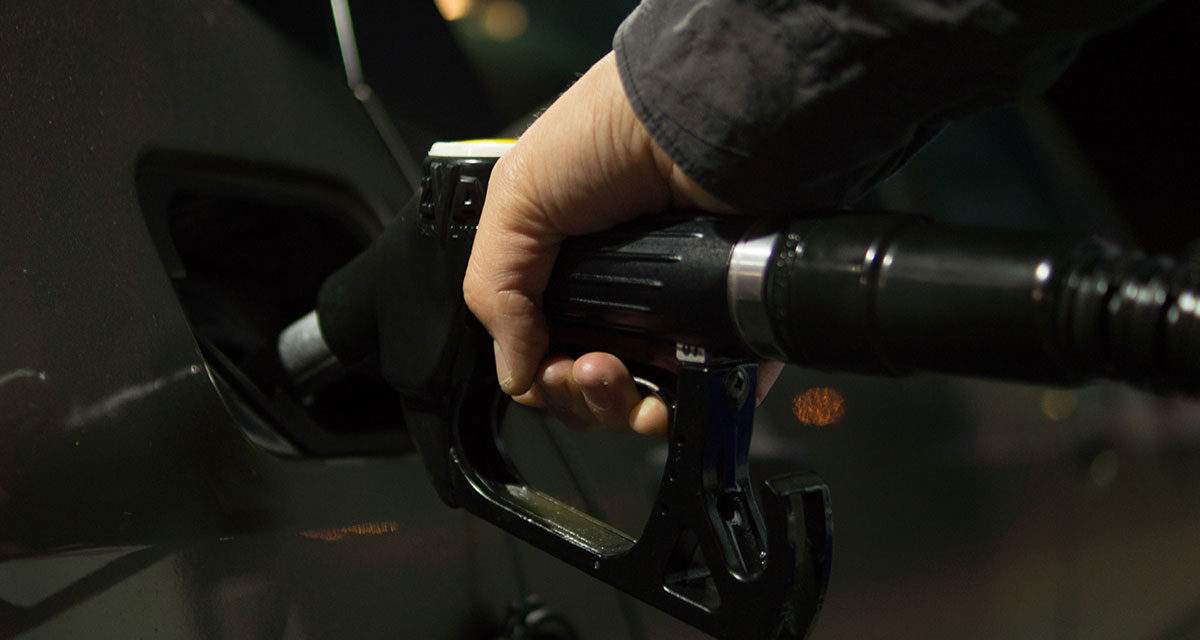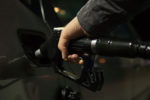BEIRUT: Coral CEO Oscar Yamin says a new fuel pricing mechanism is expected to cease long queues at Lebanese gas stations after months of disuption caused by fluctuating dollar exchange rate.
Following intensive contacts, Lebanon’s Energy Ministry and the Central Bank were able to arrive at an understanding over the weekend that would see the exchange rates for fuel revised as frequently as on a daily basis.
Oscar Yamin, CEO of Coral Oil and Liquigas, Lebanon’s leading fuel distributors, assured local media that the issues “were resolved.”
Yamin, who Friday and Saturday took the initiative to continue operations to distribute gasoline despite the customary closures over the weekend and the Annunciation day holiday, explained that the new fuel pricing mechanism would allow all parties in the fuel supply chain to operate effectively for the foreseeable future.
A clear path forward
Coral CEO Oscar Yamin said the new mechanism established clarity. “How can you sell when you have no way of knowing the value of what you are receiving? This mechanism resolves that issue,” he told the media.
He stressed that Lebanon was fortunate that fuel supplies had been arriving consistently despite geopolitical conflicts. He was referring to the war in Ukraine that has disrupted shipping and seen international fuel prices soaring at pumps.
Yamin said it was best to prepare contingencies to ward off any disruption of fuel deliveries in the event of unforeseen circumstances.
He went on to explain that fuel distributors’ role was restricted to implementation. “The volumes that arrive and are distributed in the country are under the authority of Customs. The Energy Ministry sets the rates based on international prices as well as the marginal profits of companies, suppliers and gas stations, in addition to the governemnt’s monetary policies.”
A safety margin
The new fuel pricing mechanism, expected to set exchange rates for fuel daily, would also see a marginal LBP500 hike on every dollar in the fuel exchange rate. This would act as a buffer in the event black market prices suddenly rise. In case of a drop in the rate, the safety margin would be subtracted from the subsequent pricing schedule.
This would add around LBP15,000 to the price of 20 liters of gasoline, which at the current rate comes to around LBP474,000.
Coral and Liquigas have consistently stepped up to supply Lebanon with essential fuel since a series of crisis began to emerge as of the end of 2019. At times, the companies even addressed gaps in the market outside their circle of stations.















